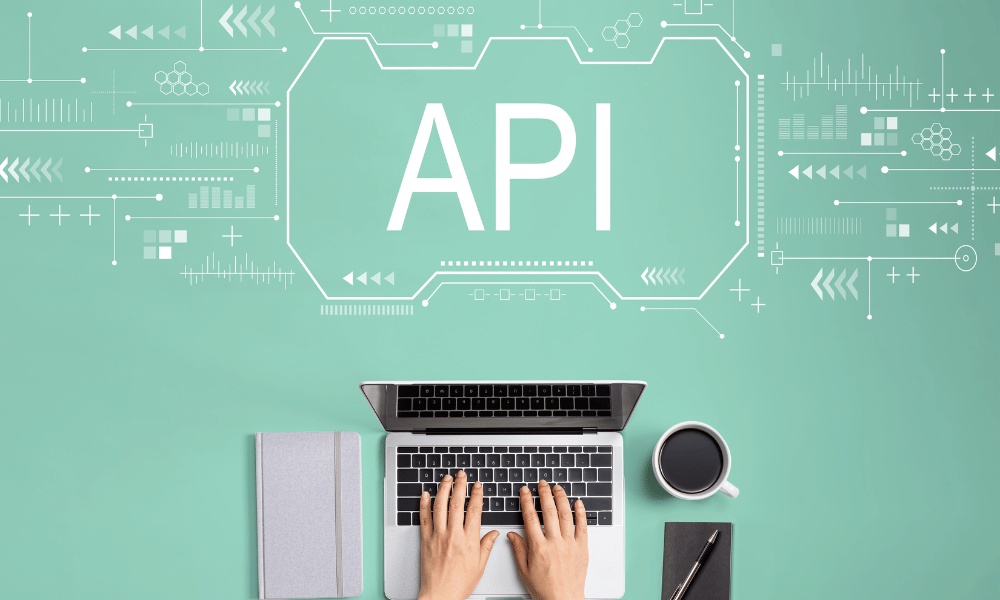The ability to establish a competitive yet profitable pricing strategy is a vital aspect of any successful hotel business. In the digital era, the dynamics of hotel pricing have evolved significantly, with many hotels leveraging innovative tools and technologies to optimize their strategies. One such innovative tool is the Application Programming Interface (API). In this article, we delve into how hotels are using APIs to fine-tune their pricing strategies, allowing them to better navigate the complex and ever-changing hospitality market.
Understanding APIs and Their Use in Hotels
At the most basic level, an HotelAPI is a set of rules and protocols for building software and applications. It allows different software systems to communicate with each other, facilitating the exchange of data and functionality. In the context of hotels, APIs are used for a wide range of applications, from booking management to customer relationship management.
Pricing optimization is one area where APIs have shown immense potential. By integrating with external APIs, hotels can pull in vast amounts of data from various sources, including competitors' pricing information, market demand trends, customer reviews, and more. This data can then be analyzed and leveraged to make more informed pricing decisions, improving both competitiveness and profitability.
Benefits of Using APIs for Hotel Pricing
APIs offer a multitude of benefits for hotel pricing, some of which are outlined below.
1. Increased Accuracy and Efficiency in Pricing
Manual pricing strategies are not only time-consuming but also prone to errors. APIs automate this process, reducing the risk of human error and saving valuable time. They allow for real-time updates of pricing based on a myriad of factors, ensuring prices remain competitive and reflective of current market conditions.
2. Improved Insights into Market Trends
APIs can pull data from a wide array of sources, providing hotels with a comprehensive view of the market. This includes data on competitor pricing, customer preferences, and demand trends. These insights allow hotels to better understand their market position and adjust their pricing strategies accordingly.
3. Increased Visibility of Hotel Rates
APIs also increase the visibility of hotel rates across multiple distribution channels. This ensures consistency and helps prevent any potential discrepancies that could lead to customer dissatisfaction or loss of business.
Examples of API Use in Hotel Pricing
Several hotels and hotel chains are already harnessing the power of APIs to optimize their pricing strategies.
One example is Marriott, which uses APIs to pull real-time market data and competitor pricing information. This data is then analyzed and used to adjust Marriott's room rates, ensuring they remain competitive while maximizing profitability.
Another example is Hilton, which leverages APIs to integrate its pricing strategy with its customer relationship management (CRM) system. This allows Hilton to offer personalized pricing based on customer loyalty and preferences, enhancing customer satisfaction and loyalty.
Challenges of Using APIs for Hotel Pricing
While APIs offer numerous benefits, their implementation is not without challenges. The technical complexity of integrating APIs can be daunting, particularly for smaller hotels without dedicated IT teams. Additionally, the cost of API integration can be prohibitive, especially for budget hotels.
It's also important to note that while APIs can provide valuable data, they cannot replace the human touch. Pricing decisions should not be based solely on data but should also take into account the hotel's unique brand and value proposition.
Which Hotel API Can You Use For Getting Pricing Data?
For acquiring hotel pricing data, hotelapi.co is a good option to consider. This API provides comparative pricing data from over 200 online travel agencies (OTAs) which help you to make data-driven decisions for your hotel business.
Conclusion
In conclusion, APIs offer a powerful tool for hotels looking to optimize their pricing strategies. They provide real-time, accurate data, improve market insights, and increase rate visibility. While challenges exist, with a clear plan and the right support, the benefits of API integration far outweigh the difficulties. As the hospitality industry continues to evolve, those hotels that can adapt and leverage innovative technologies like APIs are those that will thrive.


No comments yet